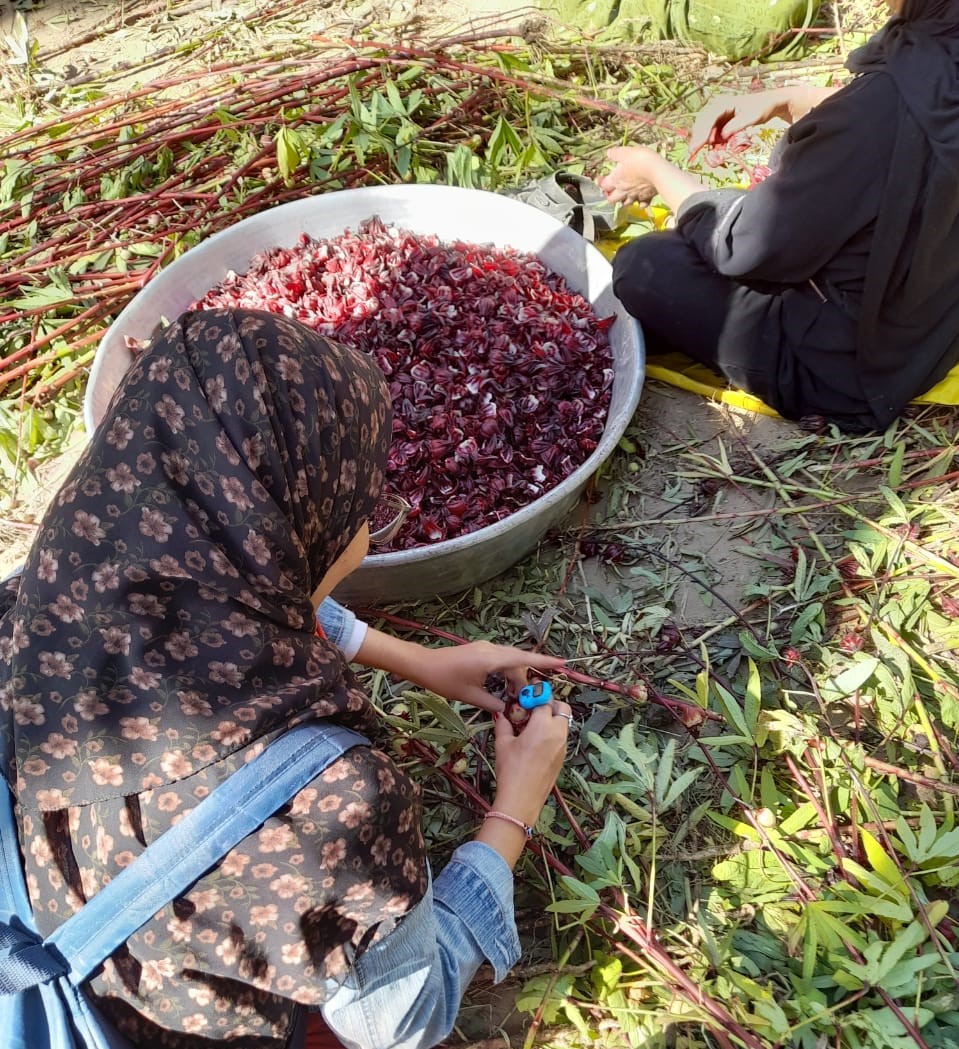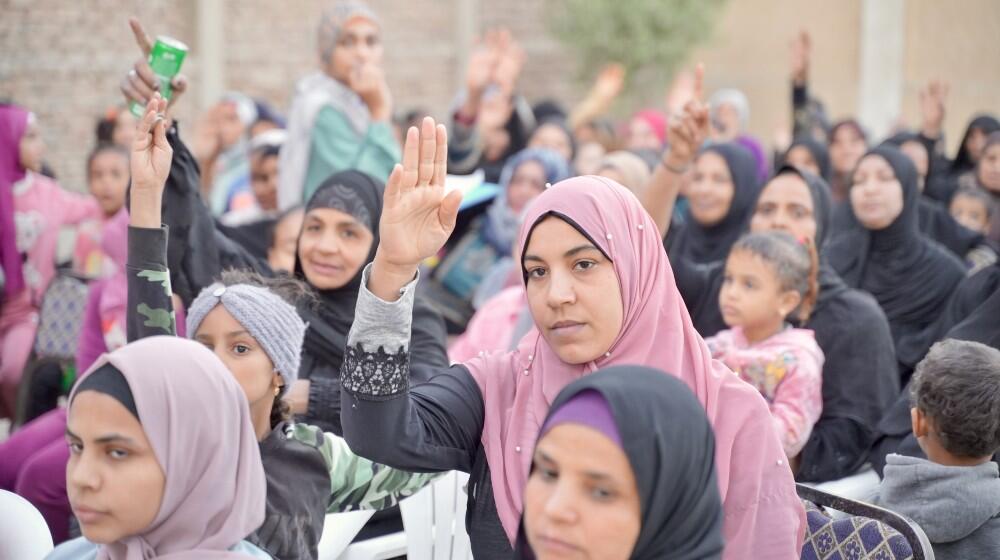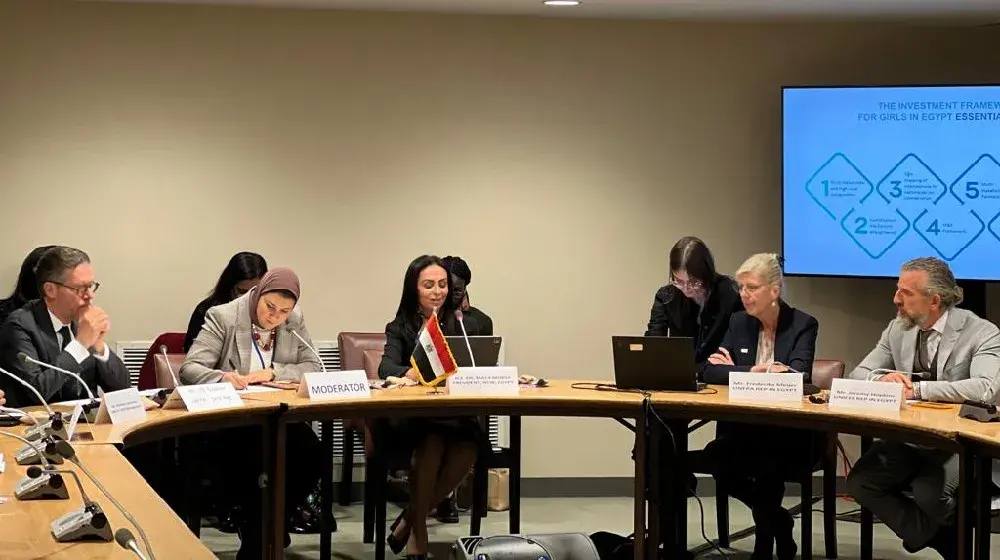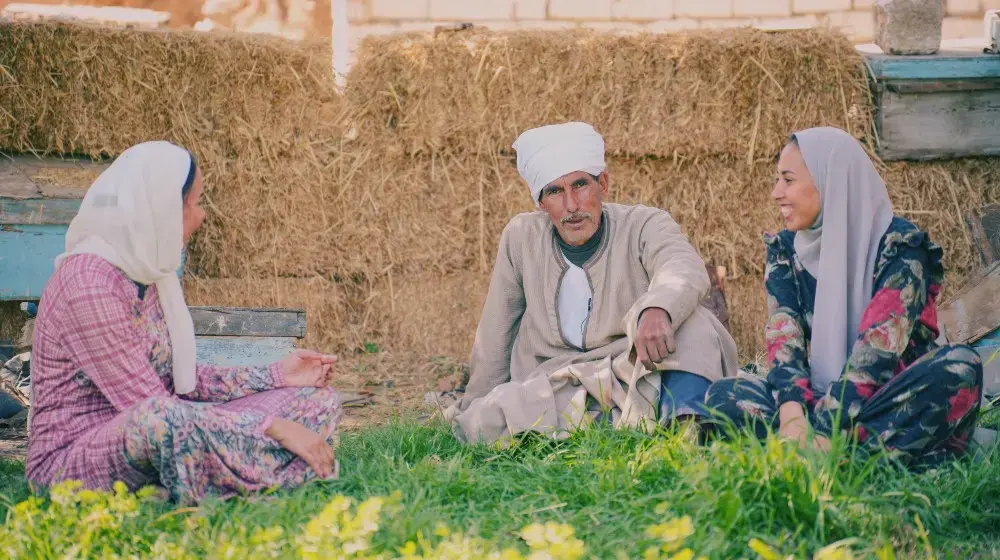UNFPA piloted the Generation Dialogue methodology in a public event in Qena on November 18, to initiate social change within communities with a focus on harmful practices.

The Generation Dialogue is a method that aims to create social change where traditions and practices have harmful effects on the health and wellbeing of communities. It explores the reasons why harmful practices persist, and addresses these reasons and encourages communities to reassess them.
UNFPA piloted the methodology in Qena in partnership with the Egyptian Family Planning Association (EFPA), and Y-PEER, and will continue to pilot it in Upper Egypt in partnership with Care Egypt and Etijah.
This comes in partnership with the Sector Programme ‘Promoting Gender Equality and Women’s Rights,’ which is implemented by the Deutsche Gesellschaft für Internationale Zusammenarbeit (GIZ) on behalf of Germany’s Federal Ministry for Economic Cooperation and Development (BMZ), and with funding from the Royal Norwegian Embassy in Cairo, under the “Accelerating change through a gender transformative approach to eliminating FGM in Egypt.”
Following the public meeting, mini-dialogues and conversations with community members are held for widening the scope of the generation dialogue and promoting it within their community, targeting households, public spaces and other places.
Generation Dialogue is a long-term targeted methodology that aims at investing in community members' capacities to come up with dialogue champions that act as agents of change and roll out intergenerational dialogues in their communities to bridge the gap between young and elder groups of men and women, boys and girls.
UNFPA supported the localization and adaptation of the Generation Dialogue approach to the Egyptian context in Upper Egypt as a tool for changing norms around harmful practices, including FGM. It builds on an approach that allows local communities to express the underlying dilemmas and values that lead them to resist change, acknowledging these dilemmas and empowering participants of both genders to act as catalysts of change in their own communities.




